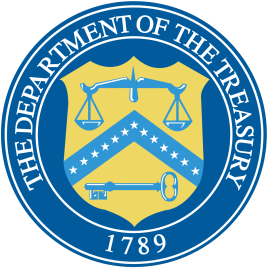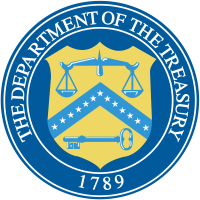Treasury Oversight, Services for Pandemic Programs Set To Shrink

The Department of the Treasury’s administration of COVID-19 relief programs is entering a new phase, and recipients should be aware as to how agency changes can affect them going forward.
While many recipients have been forced to adjust their own personnel and policies to manage funds provided under Treasury’s various pandemic-related programs, including the State and Local Fiscal Recovery Fund (SLFRF) program and the Emergency Rental Assistance (ERA) program, Treasury has also delegated staff to specifically manage these funds and respond to questions. However, in a recent letter, Treasury explained that it is “facing constraints that will put our ability to continue this level of support to recipients at risk.” While Congress appropriated funding to Treasury to continue to administer certain recovery programs, the available funding for other programs is insufficient to allow the agency to maintain the current levels of administrative support. These programs include SLFRF, ERA, the Coronavirus Capital Projects Fund, the Homeowner Assistance Fund, and the Local Assistance and Tribal Consistency Fund.
“Treasury has been working with Congress to seek flexibility in how administrative funds can be used across programs, which would preserve our ability to provide support across these programs without affecting any of the department’s operations,” the agency explained in the letter, noting that it wants to repurpose funds from other pandemic programs that are in the later stages of implementation to American Rescue Plan Act programs with significant outstanding needs. “Pending those changes, these funding shortfalls will have significant effects on Treasury’s ability to provide support for its programs."
Therefore, for the previously listed programs, Treasury is preparing to:
- end its call center support for recipients sometime in October;
- sharply curtail its e-mail response operations, which has helped to answer questions about how to access funds and understand the rules of the programs;
- reduce its reporting and recipient monitoring footprint, which will slow the agency’s responses to incoming questions from jurisdictions and potentially impact resolution of single audits; and
- institute a hiring freeze of federal staff for these programs, limiting the agency’s ability to participate in direct engagement with recipients or resolve ongoing policy questions that arise.
These are preliminary steps. Treasury warned that without necessary funding flexibility, it will have to take more significant steps to reduce staffing and services. We will be watching closely to see if Congress ultimately provides the flexibility Treasury needs to avoid draconian changes to its pandemic-relief program oversight.
Join us for our following Thompson Grants events:
Advanced Federal Grants Forum | Oct. 25-27, 2022 | Phoenix, Ariz.
Federal Grants Forum | Dec. 7-9, 2022 | Fort Lauderdale, Fla.



